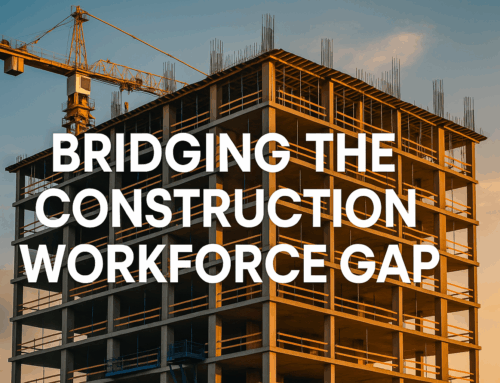Job security and high wages are just a couple of the benefits that construction careers provide. It’s possible to start earning good money while doing meaningful work. Yet there are still going to be instances when changing construction firms is inevitable. It’s important to stay flexible in your professional life to avoid getting stuck in a dead-end job. If you see any of these red flags, then it may be time to consider a change. Here are some ways to know when it’s time to leave.
- If you don’t feel satisfied at the end of the day. Find a job that brings more positive than negative energy into your life. There’s a fine line between having some apprehension about an upcoming project and dreading it. If you’re constantly complaining about your job to family and friends, then it’s time to find more satisfying work.
- If the organization’s values, culture, or mission aren’t the right match anymore. Quitting can be a difficult decision to make when you’ve been with the same employer for a long time. As second and third generations step up to take over the business, you might not fit the new work culture anymore and would be better suited elsewhere.
- When your employer has unrealistic expectations. This is a common warning sign that things could go south. Never sacrifice your personal wellness to do your job. If you’re not finding enough time to exercise, eat healthy, sleep, etc., then take the steps to improve your work-life balance. Find a place to work that is more flexible and promotes work-life balance.
- When the firm isn’t paying their bills or subcontractors. Watch for these signs suggesting that the company isn’t performing well. Another common one is if the firm is having difficulty purchasing building materials. Beware if the company loses its bonding or starts to cut corners on safety.
- If the firm only offers lateral career moves. If your firm has no real opportunity for advancement, you may want to consider going somewhere else. Staying in the same job for too long can actually hurt your career. You don’t want to have a reputation for being a job hopper but doing the same role for many years without a promotion can suggest a lack of motivation to other employers. It’s fine to change after three to five years if your employer doesn’t support professional advancement.
Take some time to consider the pros and cons in your current role before making any rash decisions. Passive candidates are always in more demand, so it’s easier to find a better opportunity when you are still employed. Also, leaving on good terms is important to maintain a positive reputation around the industry. Finally, be prepared to respond to a counteroffer since your current employer will likely offer one as a knee-jerk reaction to your announcement to leave.
How can we help you?
Searching for an opportunity in the construction industry? Contact The Birmingham Group’s team of seasoned commercial construction recruiters today to discuss your career path or browse our open positions.
Are you a hiring authority needed construction talent? Submit a search request today.
–





